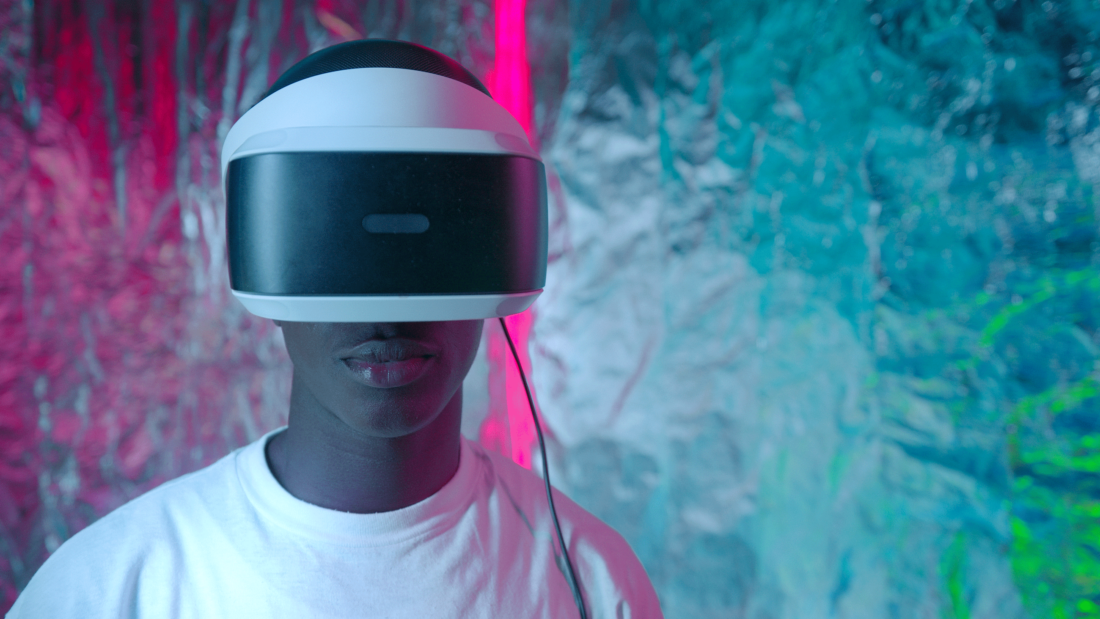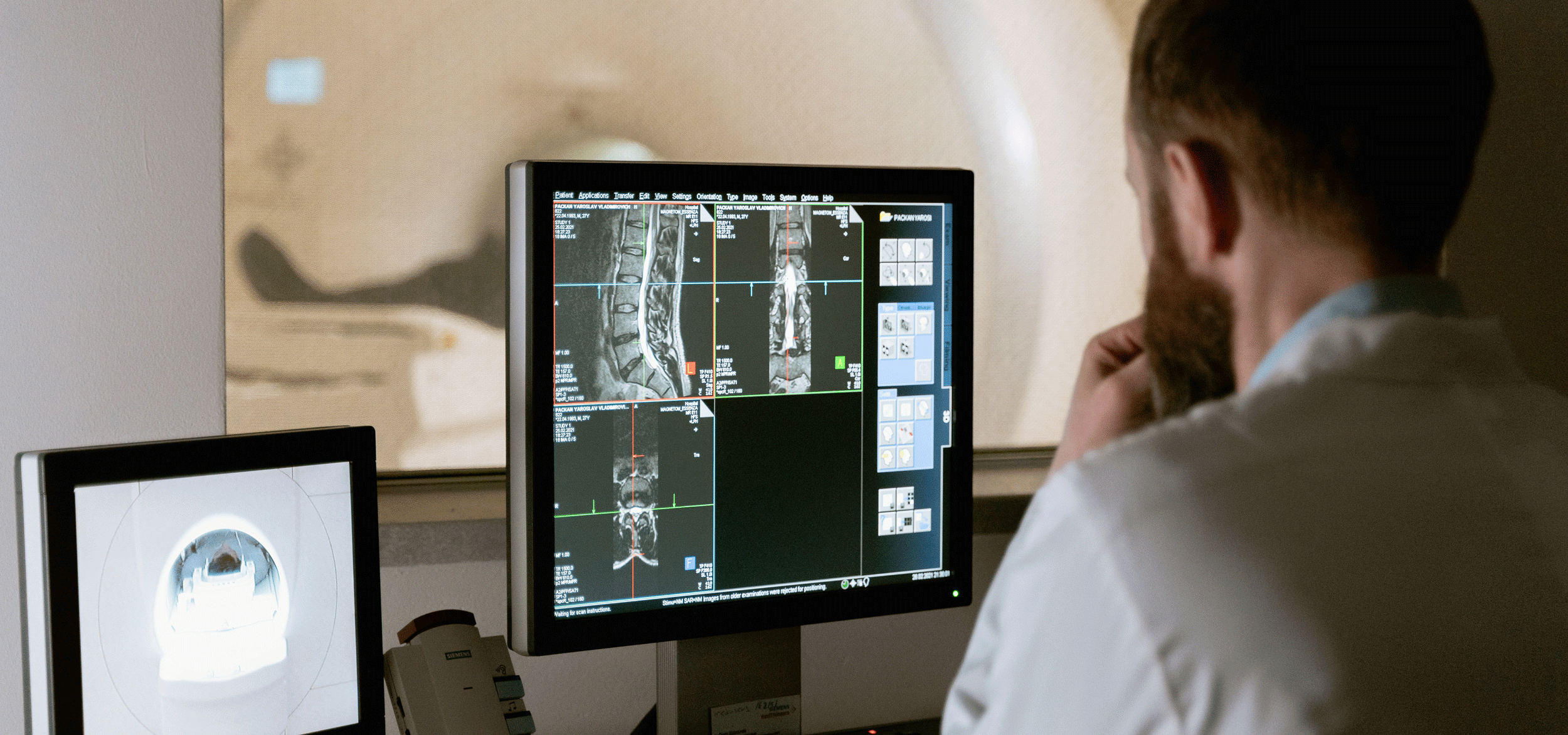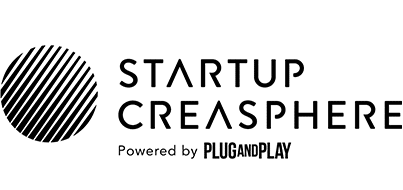
Big Tech in Healthcare
The healthcare industry has been one of the last men standing in terms of digital transformation. But innovations such as telemedicine, remote patient monitoring, digital biomarkers and more have led doctors, patients, hospitals, and insurance carriers to rethink the relationship between medicine, healthcare and technology. Covid-19 has further accelerated this process and now not just pharma and other major healthcare players are eager to ride this new era in healthcare – but also Big Tech.
A digital revolution in healthcare – why is Big Tech interested?
It is undeniable that there is a huge amount of data growing every day. For healthcare, this means digitized patient records, mapped gene sequences, medical tests, digital imaging and wearable devices and sensors. Even our mobile phones have been turned into medical devices and now the companies that once made these same devices are coming to their next step: providing healthcare themselves to the world.
This especially accounts for the Big Tech 4 -Apple, Alphabet (Google), Amazon, and Microsoft. They have done millions by processing, managing and mining data and now, they are turning those efforts to be the next health provider.
What are the incentives for Big Tech to step into healthcare?
The OECD (2021) estimates that the inefficiencies in health services and the failure to make full use of digital technologies waste $600bn a year – around 8% of current health spending. This issue calls for national strategies concerning digital reorganization and data cleaning, which – with the increase of patients on the system due to population aging and lower amounts of public investment flowing – delays a short-term answer to healthcare in general.
Currently, most patients have medical data spread across various locations, including health centers, clinics and digital platforms. To gain valuable insights into healthcare for an individual or the population, these data must be linked. Digitizing and linking data can uncover patterns. However, this process is slow due to local laws and regulations in developed countries. In 2017, the OECD conducted a study on the readiness of digital health data use considering technology readiness (i.e., digitized records available for monitoring and research) and policy (i.e., how governments facilitate the use of data in these digitized records). The study shows:
- Many OECD members have a great portion of their medical data already digitized, such as Singapore, England, Denmark, Finland, Canada and more
- Only a portion of them are regularly linked with other sources of information such as patient monitoring platforms
- Example: Singapore is considered to have one of the most digitized healthcare systems in the world. 100% of their key health data are available in digital format, but only a third of it is linked, making a great portion of this data redundant.
This study shows how the future of digital health could be shaped. Consequently, all of this misalignment contributes to Big Tech stepping in with their decades of experience in managing big data and huge market opportunities.
What are the current solutions offered by Big Tech?
Apple
Apple’s healthcare scope includes wearable devices, health applications, and healthcare research. Since 2019, Apple has been using the research app and Apple Watch to conduct medical studies with academic institutions to examine Hearing, Women’s, Mobility and Heart Health. Partnerships with Harvard T.H. Chan School of Public Health, the NIH’s National Institute of Environmental Health Sciences (NIEHS) and the World Health Organisation (WHO) were signed and the findings improved their new generation of wearables. Some of Apple’s healthcare initiatives are:
- Apple Watch:It is a wearable device that includes various health features such as heart rate monitoring, fall detection, electrocardiogram (ECG) and fitness tracking. The Apple watch dominates the market with 43% (2022). Recent developments show that Apple is working on a Continuous Glucose Tracking tool that is integrated in the Apple Watch.
- Health app: The Health app tracks users’ health and fitness data and connects with other apps and devices for a comprehensive view. It empowers patients to take an active role in their health and provides healthcare providers with access to patient data for better diagnoses and treatment. It can also give medical researchers valuable anonymized health data to identify trends and patterns for new drug development or treatment research.
- HealthKit:The HealthKit is a software framework that lets third-party developers create health and fitness apps that can communicate with the Apple Health app, making it possible to integrate data from various sources, such as fitness trackers and blood pressure monitors. This enables the creation of tailored and personalized apps that cater to the user’s health needs.
- ResearchKit: ResearchKit is an open-source platform for developers that allows researchers to create apps for medical research studies. It allows medical researchers to collect large amounts of data from study participants for instance.

Microsoft
In recent years, Microsoft has also been making strides in the healthcare industry, offering cloud-based solutions for healthcare organizations to manage and analyze patient data, as well as AI tools to aid in medical research and diagnosis:
- AI Tools for hospitals: Microsoft has developed AI tools for the American healthcare system to analyze health data relating to surgical outcomes and cancer therapies with their first collaboration at the St Josephs’s hospital
- Pharmacy partnership: Microsoft collaborates with CVS Health to accelerate a data-driven, personalized customer experience while complying with the company’s patient privacy and confidentiality policies.
- Exploring retail: Microsoft created an Alliance with Walgreens Boots to develop a better omnichannel healthcare and shopping experiences powered by new customer experience management technology and data platforms.
- ChatGPT: ChatGPT is a large language model developed by OpenAI that uses the GPT-3.5 architecture. Microsoft has recently entered into a partnership with OpenAI to exclusively license GPT-3, which means that Microsoft has access to the latest version of the technology. This latest version of GPT-3 is so advanced that it can even pass medical exams, making it a powerful tool in the healthtech industry. With its ability to understand and generate human-like language, ChatGPT could help doctors and other healthcare professionals better communicate with patients, and assist in diagnosing and treating illnesses. As Microsoft continues to develop and improve upon this technology, it has the potential to revolutionize the way healthcare is delivered and could greatly benefit the healthtech industry.

Google
Google has made significant strides in harnessing the potential of technology to revolutionize the healthcare sector. Through a range of initiatives, the tech giant has been driving innovation in this critical area. Perhaps one of the most notable of these contributions is their work on developing advanced tools for medical research. By leveraging cutting-edge machine learning algorithms, Google has developed tools that can predict medical outcomes and analyze vast amounts of medical data. These developments have the potential to revolutionize the field of healthcare, and Google’s continued investment in this area bodes well for the future of healthcare technology. Their most commented partnerships lately are the following:
- Partnership with Ascension: To create an online tool for doctors to search patient data more easily, Google is partnering with Ascension. This initiative aims to digitize many aspects of patient care and healthcare staff tasks by shifting Ascension’s infrastructure to the Google cloud, improving doctors and nurses to efficiency.
- Fitbit acquisition: Fitbit has been a clear pioneer in the wearables industry. With more than 29 million users, they have created amazing wearable devices and immersive wellness experiences. To continue enhancing what can be offered to the public in teams of digital biomarkers, Google acquired Fitbit in 2021.
- Verily: Founded in 2015, Verily has dedicated its efforts to become the central repository for health data worldwide. According to Dr Jessica Mega, Cardiologist and Verily’s Co-founder, the idea behind the company is to build a ‘health google maps’. Thereby, their aim is to enhance clinical care by mapping out patients’ data points in one platform.
- DeepMind Acquisition: In 2015, Google announced its acquisition of DeepMind, a British artificial intelligence company, for a reported $400 million. DeepMind’s technology has since been integrated into various Google products, such as Google Assistant and Google Photos. In 2021, DeepMind made headlines for developing AlphaFold, an AI system that can predict the 3D structure of proteins with high accuracy, a major breakthrough in the field of biochemistry. Additionally, DeepMind has been collaborating with the UK’s National Health Service (NHS) on various healthcare initiatives, such as developing an AI-powered system to detect eye diseases.
Amazon
Amazon is setting up innumerous initiatives to transform pharmacies, the medical supply chain, health insurance, and care delivery. They are leveraging their delivery power to carve into the medical supplies distribution space and are using their massive employee base to test the telehealth waters. Some of the top healthcare solutions and platforms offered by Amazon are:
- Alexa: Alexa, Amazon’s virtual assistant, can make a significant impact on the healthcare industry with its voice recognition and AI capabilities. It integrates with healthcare apps to help patients manage medication, schedules and refills. Healthcare providers can use Alexa to access medical records, communicate with patients remotely and monitor vital signs. Wearable technology can track a patient’s health over time and provide personalized recommendations.
- One Medical: One Medical is a healthcare provider that uses technology to deliver primary care services to patients. It offers virtual visits, a mobile app, and data analytics to improve the quality of care and optimize operations. Amazon recently acquired One Medical as part of its efforts to expand into the healthcare sector and leverage technology to transform healthcare delivery. Amazon’s investment in the company is a sign of the company’s growing interest in the healthcare sector and its belief in the potential for technology to transform healthcare delivery.
- PillPack: Amazon’s acquisition of PillPack in 2018 marked the company’s entry into the highly regulated pharmacy space. PillPack is an online pharmacy that organizes medications into individual packets to help patients manage their prescriptions. With PillPack, Amazon has the potential to disrupt the traditional pharmacy industry and provide patients with a more convenient and accessible way to manage their medications.
What are the current solutions offered by Big Tech?
While the activities from Big Tech players seem promising and reasonable, there are also risks and challenges related to those. A recent report by The Economist’s Health Policy Editor, Natasha Loder, highlighted that having data knowledge alone does not guarantee success in the health sector. Patient data privacy is a crucial factor that health systems must also consider. For instance, a partnership between Royal Free and Google’s DeepMind led to a lawsuit because patient data was shared without full consent. The Royal Free is now responsible for patient data, and DeepMind has access for specific purposes under stringent safeguards. Besides that, patients are not ready yet to provide all their medical records to Big Tech players. A survey by Rock Health showed that people are more willing to share their medical data with doctors than with tech companies or governments, as the public remains skeptical of these entities.
As big tech companies continue to make inroads into the healthcare industry, it is important to keep in mind that no single company or technology can solve all of the industry’s challenges. While the potential benefits of AI and other digital health tools are significant, they must be deployed thoughtfully and with a clear understanding of their limitations. In the end, it is not big tech that will transform healthcare, but the collaboration between companies, healthcare providers, and patients that will drive progress forward. By using these technologies as tools to enhance scientific understanding and improve patient outcomes, we can unlock new insights and opportunities for innovation that have the potential to revolutionize healthcare for generations to come.

